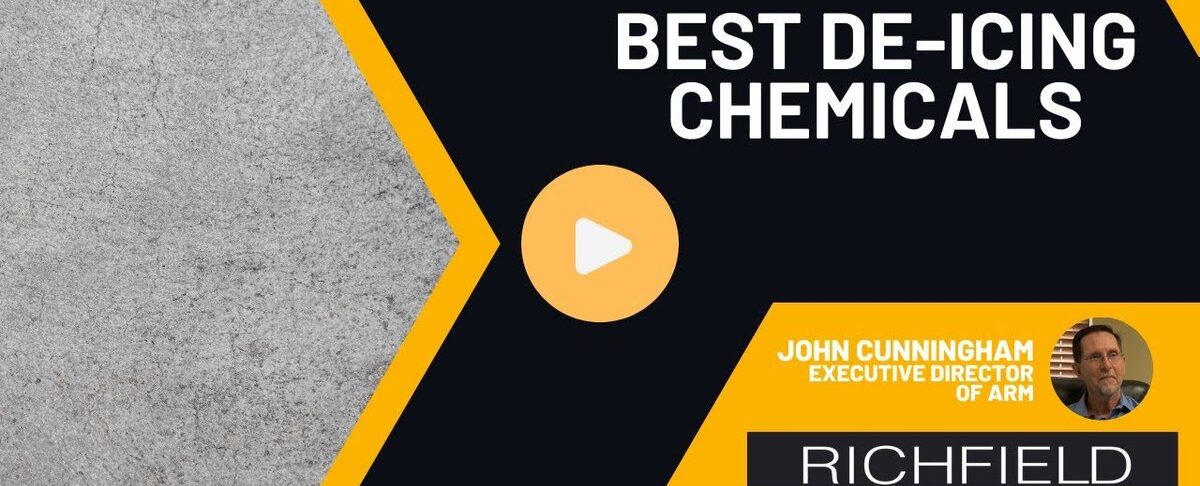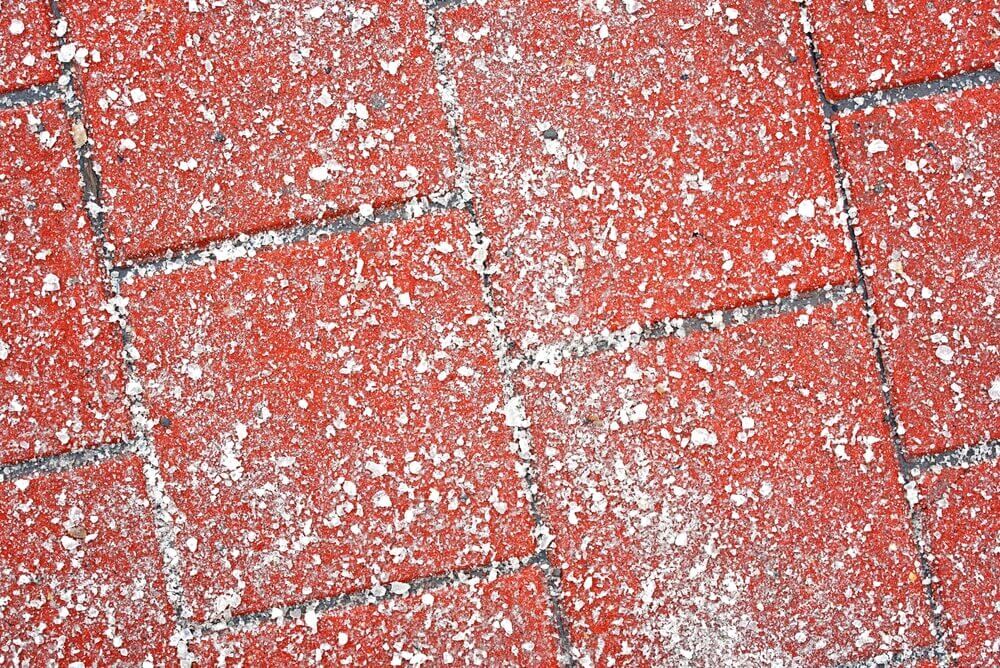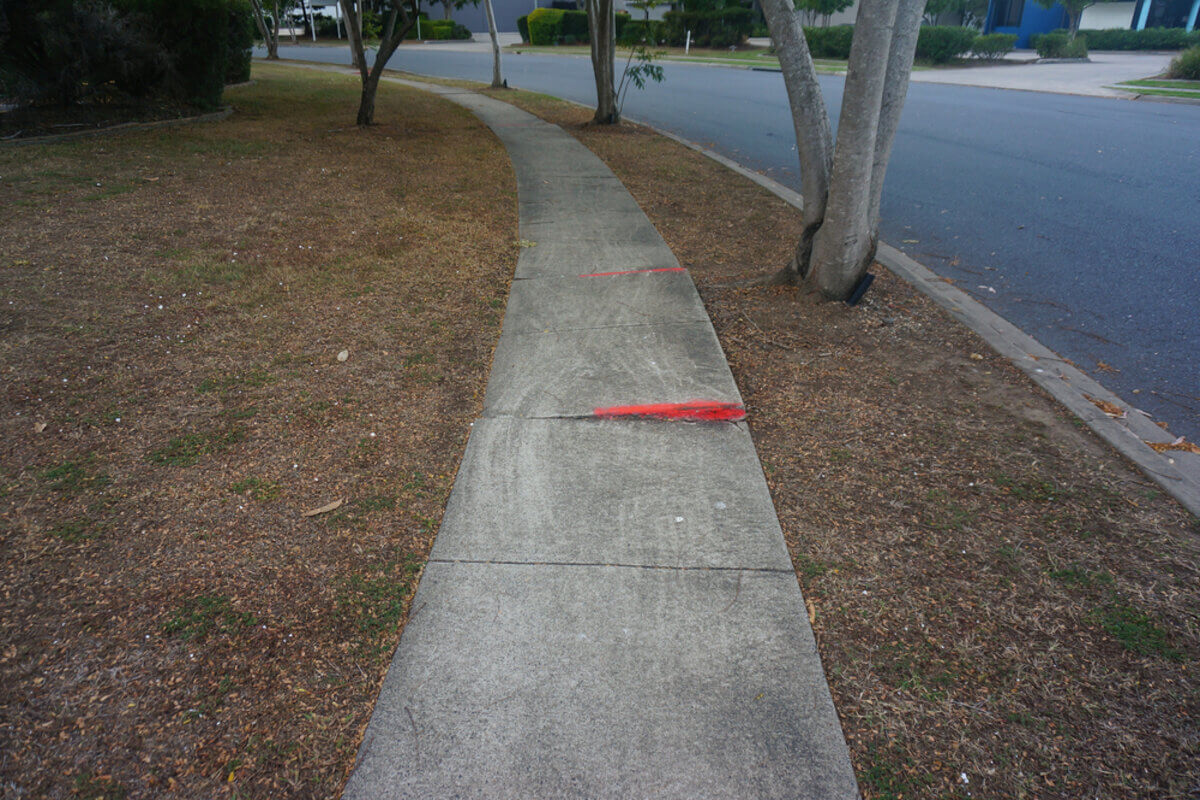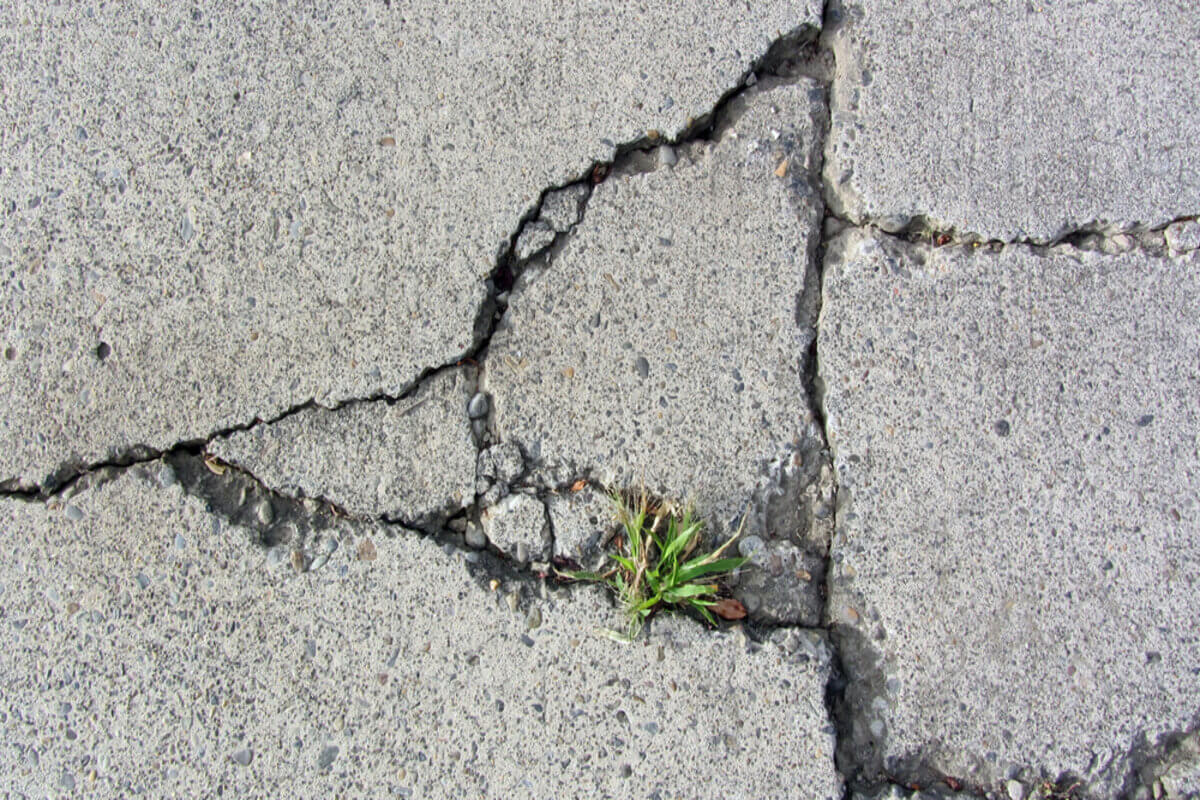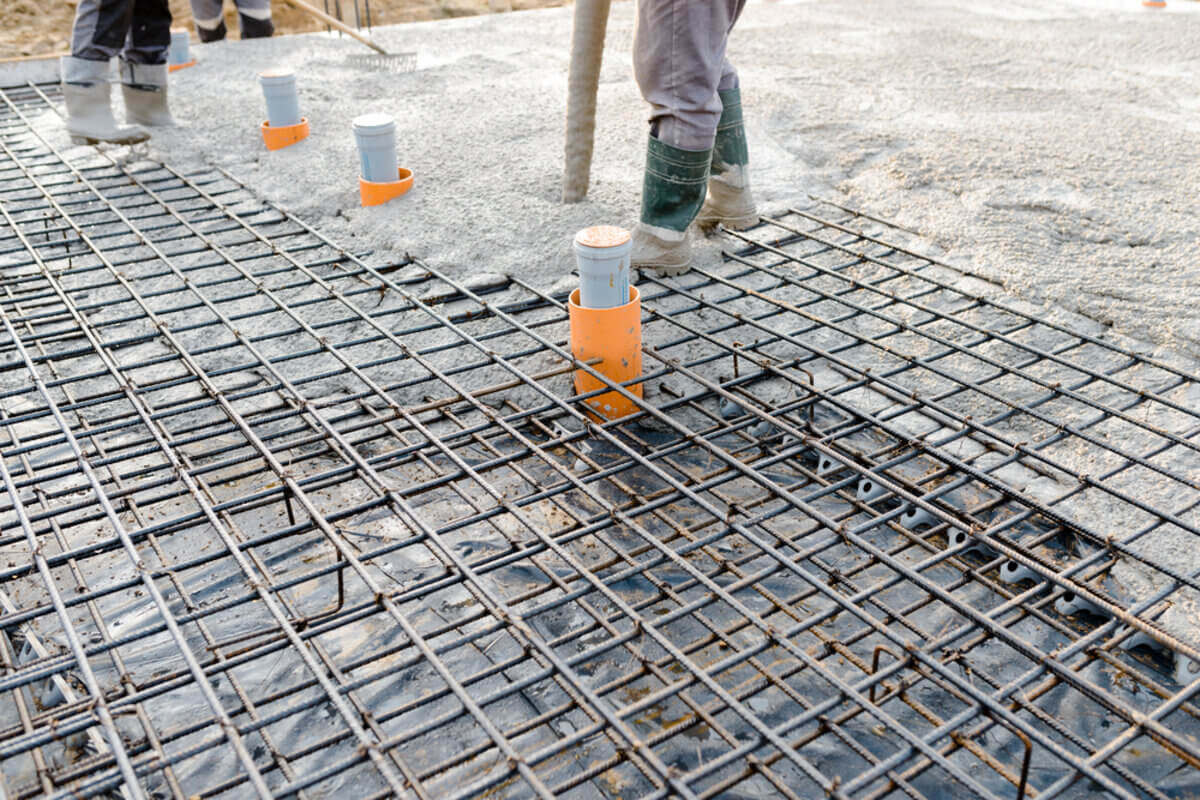As winter approaches, the question of how to deice your concrete driveways, walkways, and patios becomes a crucial concern. While various chemicals promise to melt away the snow and ice, not all are created equal when it comes to their effect on concrete surfaces.
Choosing the wrong deicer can result in damage that requires costly repairs, not to mention potential environmental concerns. In this guide, we’ll delve into what you need to know about selecting the best deicing chemicals to use on concrete.
Reading Labels and Researching Chemicals
Importance of Reading the Label
When purchasing a deicer, it’s vital to read the label carefully. Manufacturers will usually specify what surfaces their products are safe for. However, it’s also a good idea to go beyond the label and do additional research. This is especially important if the de-icer doesn’t provide information on its compatibility with concrete surfaces.
Conducting Your Own Research
Websites, forums, and expert opinions offer insights into the effectiveness and safety of specific deicing chemicals. Before committing to a product, it’s worth spending some time learning about its impact on concrete, as well as any environmental repercussions.
Types of Deicing Chemicals
Sodium Chloride
Sodium chloride, commonly known as rock salt, is often considered one of the less damaging de-icing chemicals for concrete. With advancements in the way concrete is made, sodium chloride has become less detrimental to these surfaces. Nonetheless, it’s not entirely without drawbacks, including its lower melting point compared to other chemicals and potential harm to vegetation.
Calcium Chloride and Magnesium Chloride
Unlike sodium chloride, calcium chloride and magnesium chloride are generally much harsher on concrete surfaces. These chemicals can penetrate the concrete, making them more effective in colder temperatures, but at the cost of potentially damaging the material. Therefore, if preserving the integrity of your concrete is a priority, these might not be the best deicing chemicals to use.
Avoiding Deicers in the First Winter
If your concrete is newly laid, it’s advisable to avoid using any deicing chemicals during its first winter. Newly cured concrete is especially susceptible to freeze-thaw cycles, which can lead to surface damage. In the first winter, consider using alternative methods like sand for added traction, or even manually removing ice and snow with a shovel.
Factors to Consider When Choosing a Deicing Chemical
Concrete Age and Condition
The age and condition of your concrete play a crucial role in how it will react to deicing chemicals. Older, well-cured concrete is generally more resistant to damage than new or deteriorating concrete.
Environmental Concerns
Beyond the impact on concrete, some deicing chemicals are less environmentally friendly than others. For example, sodium chloride can be harmful to nearby vegetation and waterways. Always consider the environmental impact of the deicing chemical you choose.
Conclusion
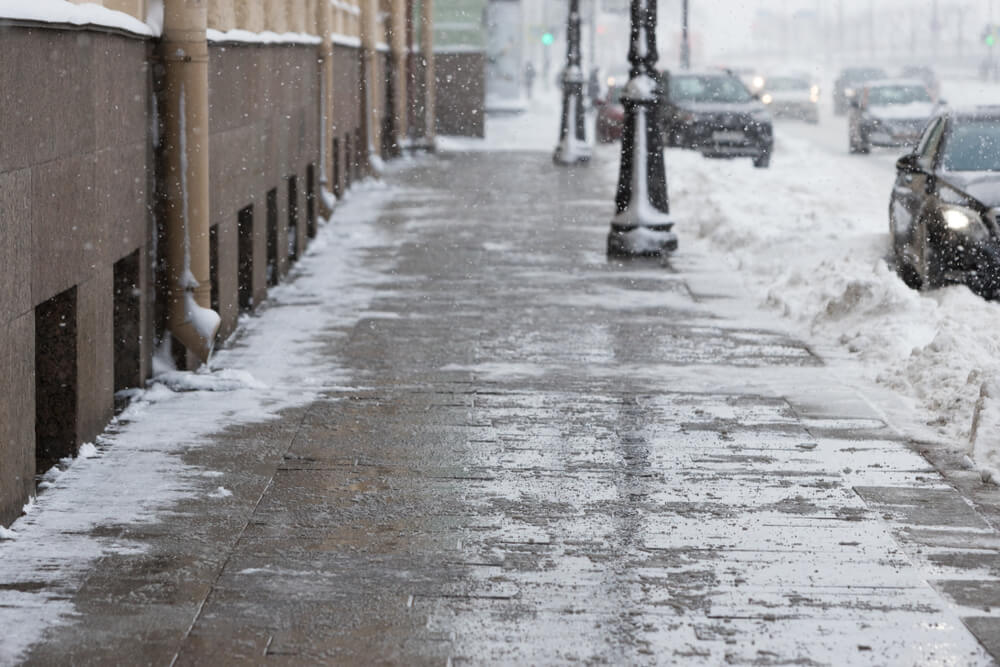
Choosing the right deicing chemical can be a complex task that requires a fair amount of research. However, by reading labels carefully, investigating further into each product, and considering the age and condition of your concrete, you can make a more informed choice. While sodium chloride appears to be less harsh on concrete, it’s essential to weigh all factors, including environmental concerns, before making a decision.
Always proceed with caution, especially during the first winter of your concrete’s life, to maintain its durability and appearance for years to come. Contact Richfield Concrete today to learn what the best deicing chemicals are to use on concrete.




